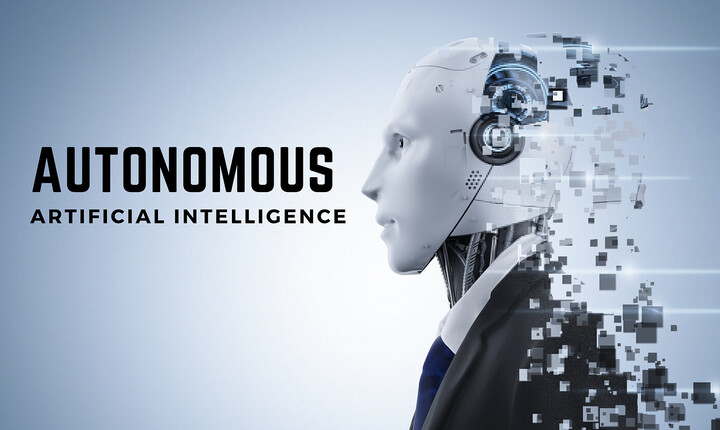Uncovering New Autonomous AI and Autonomous Agents Market Opportunities
Posted by Shraa MRFR
Filed in Technology 3 views
Beyond the well-publicized applications in self-driving cars and factory robots, the horizon is rich with profound and transformative Autonomous AI and Autonomous Agents Market Opportunities that could redefine entire sectors of society and create entirely new markets. One of the most significant and democratizing opportunities lies in the creation of personalized autonomous agents for every individual. Imagine a personal AI assistant that goes far beyond today's simple voice assistants. This agent would have a deep, contextual understanding of your life, goals, and preferences. It could autonomously manage your complex schedule, negotiate bills with service providers on your behalf, curate a personalized learning curriculum to help you acquire new skills, monitor your health data to provide proactive wellness advice, and act as a sophisticated financial advisor to manage your investments and budget. This would effectively provide every person with a dedicated team of expert assistants, a service currently available only to the ultra-wealthy. The opportunity for companies is to build the platforms and specialized agents that will power this future of personalized assistance, creating a massive new consumer market focused on augmenting human potential and improving quality of life on an unprecedented scale.
Another monumental opportunity lies in harnessing autonomous agents to accelerate the pace of scientific discovery and engineering innovation. The scientific method, while powerful, is often a slow and laborious process of hypothesis, experimentation, and analysis. Autonomous agents can supercharge this entire workflow. An "AI scientist" agent could be tasked with a high-level goal, such as discovering a new material with specific properties or finding a novel drug candidate for a disease. The agent could then autonomously scan all existing scientific literature, formulate novel hypotheses, design complex experiments, and even control robotic lab equipment to physically carry out those experiments. It could then analyze the results, learn from failures, and iteratively refine its hypotheses at a speed and scale that is simply impossible for human research teams. This creates an incredible opportunity to solve some of the world's most pressing challenges, from developing cures for diseases like Alzheimer's and cancer to inventing new technologies for carbon capture and sustainable energy, fundamentally changing the timeline for human progress.
Furthermore, a critical and life-saving opportunity exists in developing autonomous agents to operate in environments that are either too dangerous, too remote, or too inaccessible for humans. This opens up vast new frontiers for exploration, industry, and emergency response. Autonomous robotic agents could be deployed into the aftermath of a natural disaster, like a collapsed building or a wildfire, to search for survivors and assess damage without risking the lives of first responders. They could explore and map the deepest parts of our oceans or the surfaces of other planets, sending back invaluable scientific data. In industry, autonomous robots could perform maintenance on offshore wind turbines, decommission aging nuclear power plants, or operate mines in deep, hazardous locations. In all these scenarios, autonomy is not just a matter of efficiency; it is a fundamental enabler that allows us to perform critical tasks that are currently too risky or physically impossible. The opportunity to build the rugged hardware and intelligent software for these specialized agents represents a high-value market where the technology provides a unique and indispensable capability.
